Two-year-old McKenna Kranek, from Chagrin Falls, received a diagnosis of Pleuropulmonary Blastoma on April 16, and her story serves as a reminder for parents to advocate for their children.
McKenna had a fever that wouldn’t quit in March. Her mother, Meggi Kranek, took her to the doctor as they tried to figure out why her temperature kept rising. Two visits to the doctor told them it was a virus, but Meggi Kranek insisted they run a blood test.
“They called us the next day and said, ‘You need to get to the ER, all of her numbers are extremely out of whack, and we’re fearful that it could be something not great,’” Bryan Kranek, McKenna’s father, said.
After wonders of Kawasaki disease and pneumonia, Bryan Kranek said the doctors found a baseball-sized lump in McKenna’s right lung.
“And they said it could be a cyst, it could be something bad,” he said. “We’re gonna hope it’s a cyst.”
The doctors tried to do a biopsy, but it came back inconclusive as all the cells were dead. McKenna’s parents contacted a specialized surgeon from Cleveland Clinic, who did surgery on McKenna a few days later. They were able to take out the top lobe of her right lung, the tumor within it and fully biopsy the tumor. This all confirmed that McKenna has Pleuropulmonary Blastoma.
The Kraneks then began chemotherapy treatment. Meggi Kranek said around this time it was confirmed that McKenna has type three Pleuropulmonary Blastoma, which is solid in form and the most rare and aggressive type.
Meggi Kranek described Pleuropulmonary Blastoma as a gene mutation, and in McKenna’s case, a sporadic cancer, not a hereditary cancer.
“Basically, in replication, a cell mutated and it was uncontrollably proliferating and causing a tumor,” she said.
The National Center for Biotechnology Information states Pleuropulmonary Blastoma as a rare, aggressive malignant tumor of the lungs or pleura that primarily affects children. Children with the condition can present with non-specific symptoms.
McKenna is doing a 36-week chemotherapy regimen, which should wrap up around mid-January. Meggi Kranek said McKenna lost her hair by day nine, and typically experiences a lot of nausea and vomiting from the chemotherapy.
Despite her rare cancer, McKenna often functions like the average two-year-old. After the long surgeries, her parents lead her through respiratory exercises. For McKenna, some of these include blowing out birthday candles and blowing bubbles.
“We’re trying to expand and build her lungs,” Meggi Kranek said. “She’s so young and resilient … it’s been the chemo that has really affected her.”
The Kraneks have a three-year-old son, Clayton, as well. McKenna and Clayton love playing hide-and-seek, swinging on the swings, blowing bubbles and taking walks.
“She loves to sell ice cream, she loves to sell purple ice cream and take our fake money,” Meggi Kranek said. “She almost has her ABCs down perfect … this one-on-one attention has been very good for her development, as far as like, maturity and language.”
The Kraneks have a strong support system in place, with Bryan Kranek’s parents living close and his sister coming to visit and help out. Bryan Kranek said they help with whatever they need, as well as keeping their son Clayton distracted.
“Watching Clayton so he’s having fun helps, so he’s not feeling like we’re just completely checked out from needing to be with McKenna and giving her so much attention,” he said.
The Chagrin Falls community has also stepped up to support the Kraneks. There are multiple fundraisers for them, little kids have created their own lemonade stands to raise money for the family, people make meals to support them, etc.
“It’s been an incredibly overwhelming — in the positive sense — show of support and just help while we’re trying to deal with the day-to-day, minute-by-minute, for McKenna’s care,” Bryan Kranek said.
Meggi Kranek emphasized the importance of advocating for children. She said they can’t do it themselves, and the doctors only know what they see, but they don’t know what your child is like on a normal basis.
“So what [the medical team] see is okay, that the kid is in front of me, and they might be smiling, they might be happy, so I don’t see anything wrong,” she said. “But, if it’s completely different than what they’re normally like, you need to be the one to communicate that to them.”
Bryan Kranek explained that McKenna’s team consists of about 50 people. This means they don’t know what the staff communicates with each other, they don’t know what to expect from a shift-change.
“You are the only constant in your daughter or son’s life,” Meggi Kranek said, “so you absolutely have to be the one keeping track, writing things down and making sure everyone’s on the same page.”
The Kranek’s neighborhood started a GoFundMe that others can donate to in support of the family. Bryan Kranek said the Meal Train, where people sign up to deliver meals or gift cards to their home, has been helpful. They also update McKenna’s journey on a Caring Bridge page.
“Really any resources are super helpful, because the bills are still there,” he said. “We’ve been so grateful for all the generosity from the multiple fundraisers that have happened and just the many, many random people that have heard McKenna’s story and have wanted to do nice things.”
Updates and resources:
- Meal Train for McKenna Kranek and family
- McKenna’s cancer battle GoFundMe
- McKenna’s cancer journey updates – Caring Bridge page
Audrey Trevarthan is digital managing editor. Contact her at [email protected].


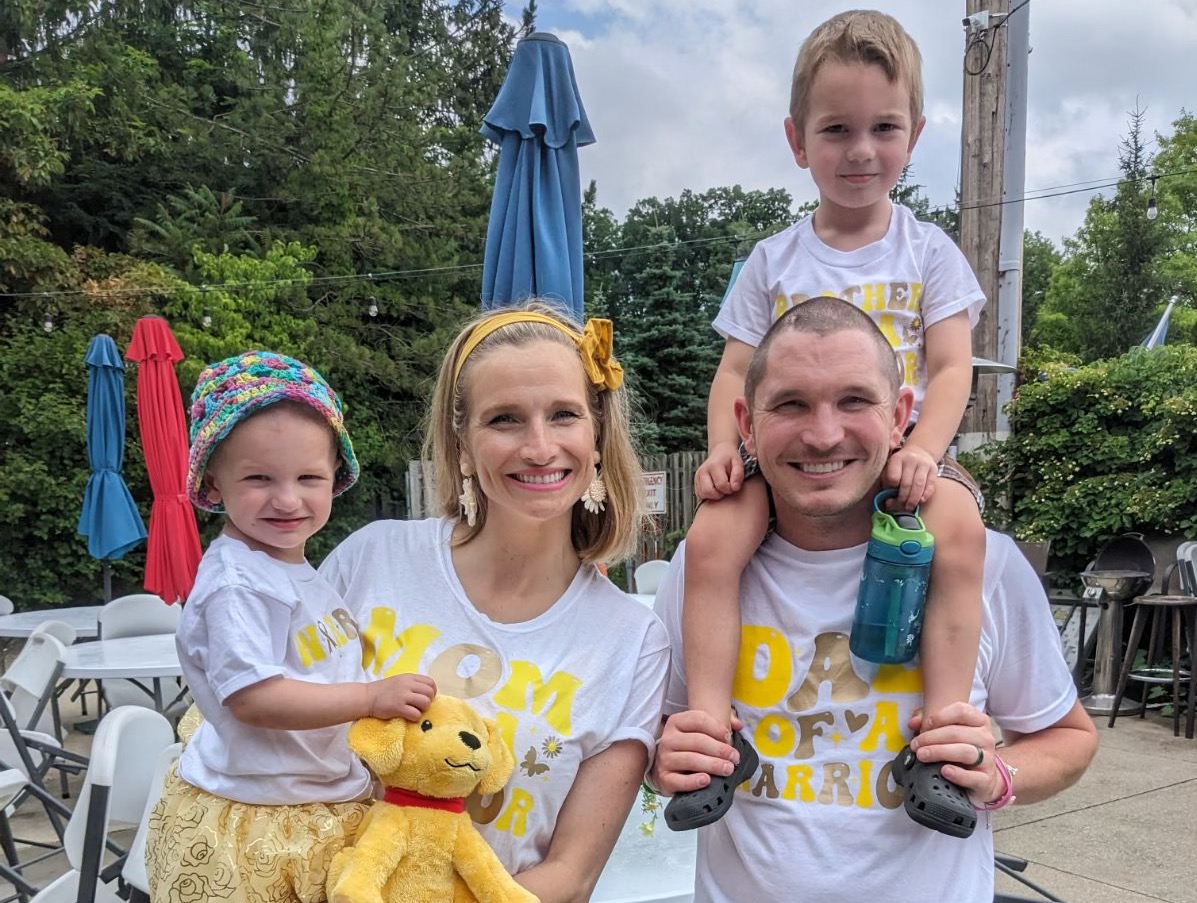



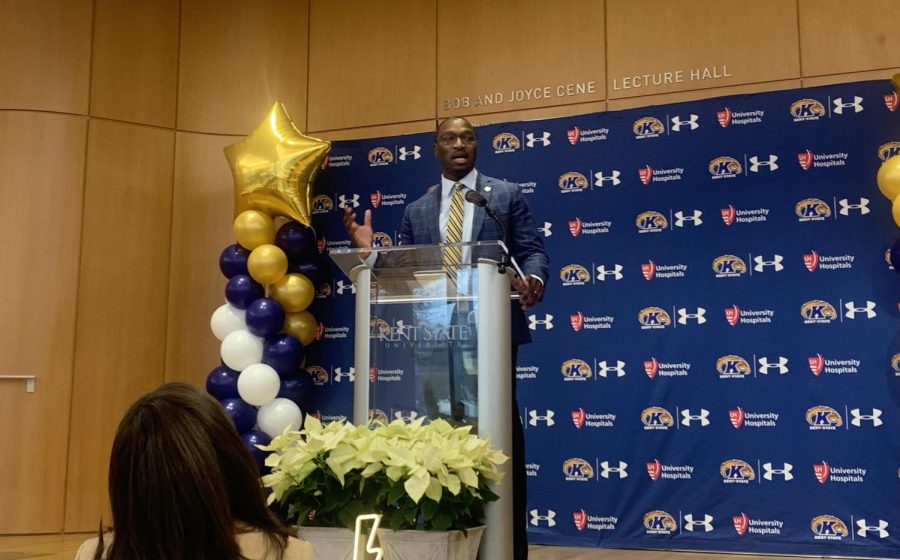
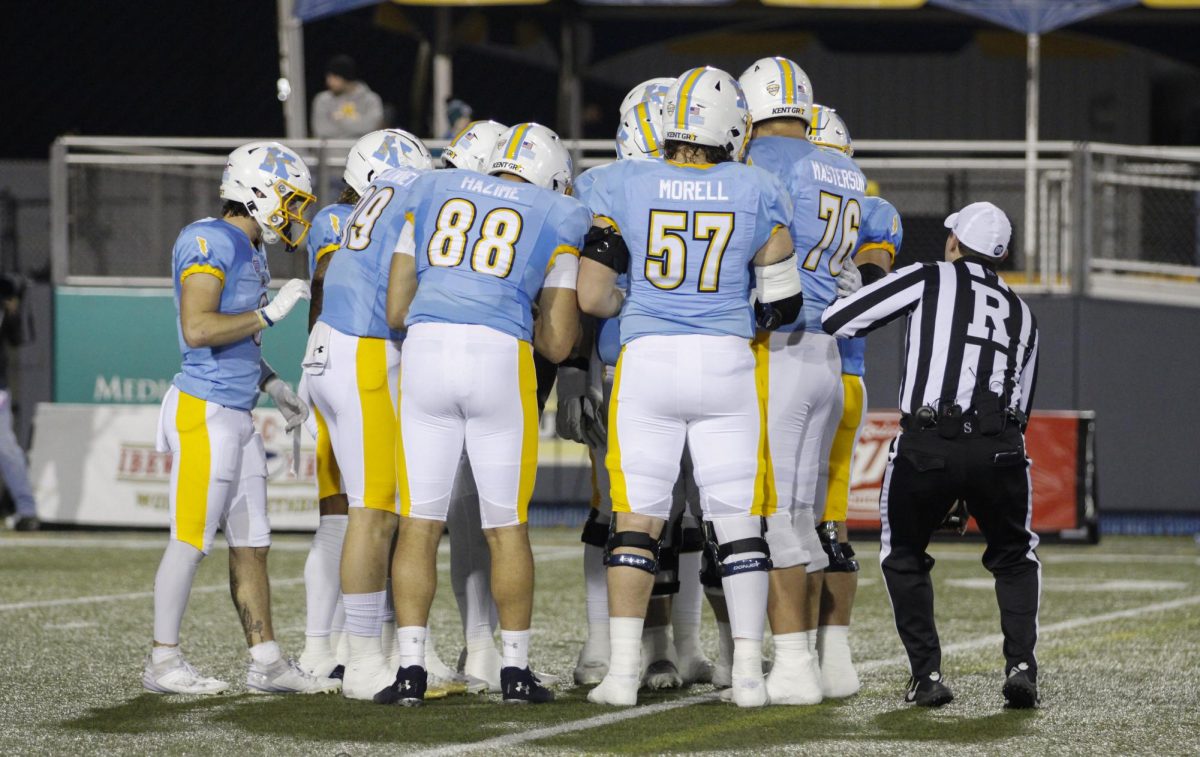
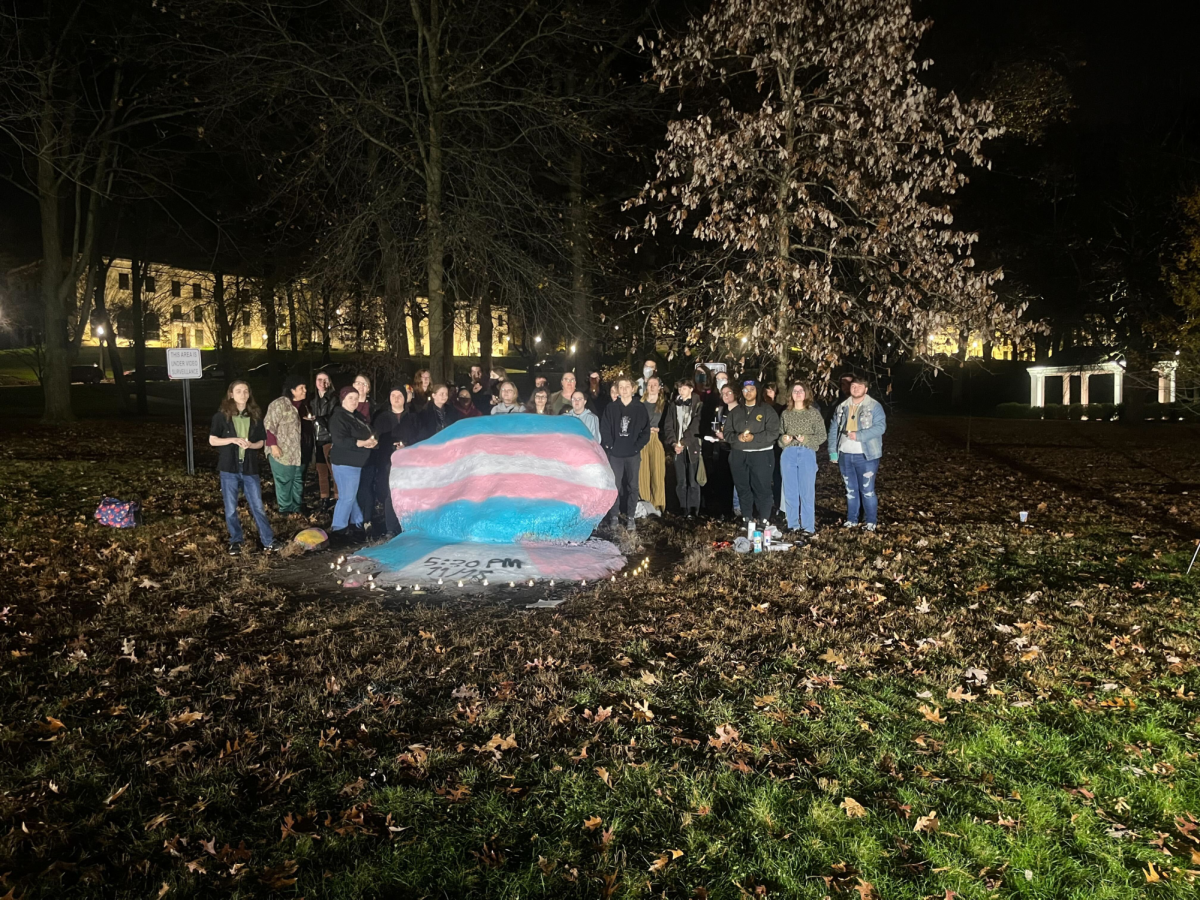
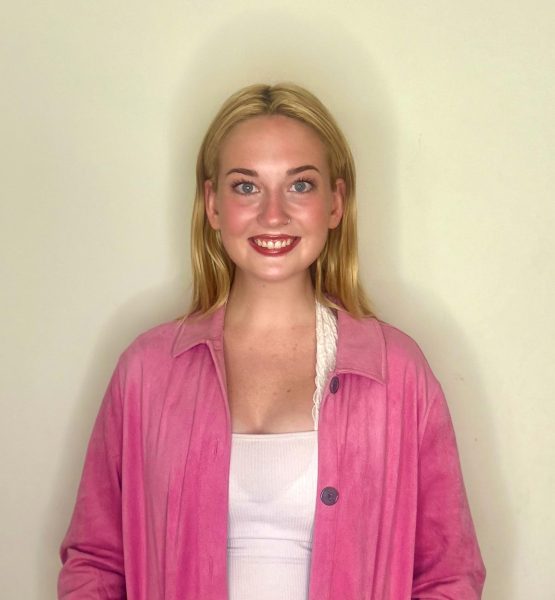
Carmela Puskas • Oct 1, 2024 at 3:35 pm
God bless your beautiful little girl your family is so brave I am hoping to donate for her please send me info as to where and how
P.S. I am Erma Kalinich sister in law and Kelli Kranek DeRosa’s aunt